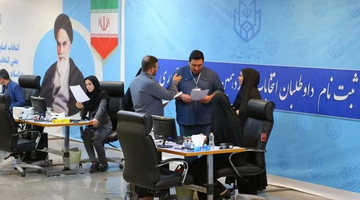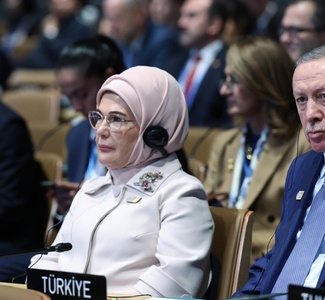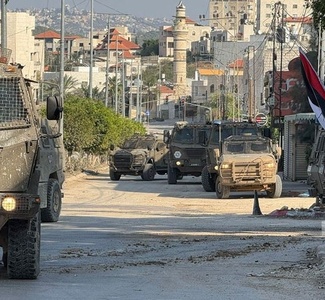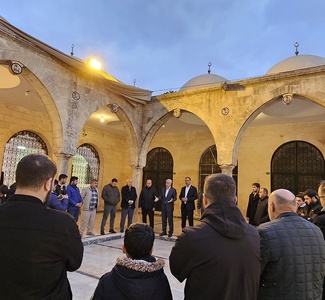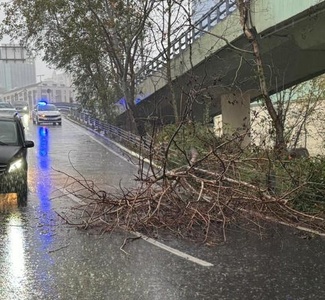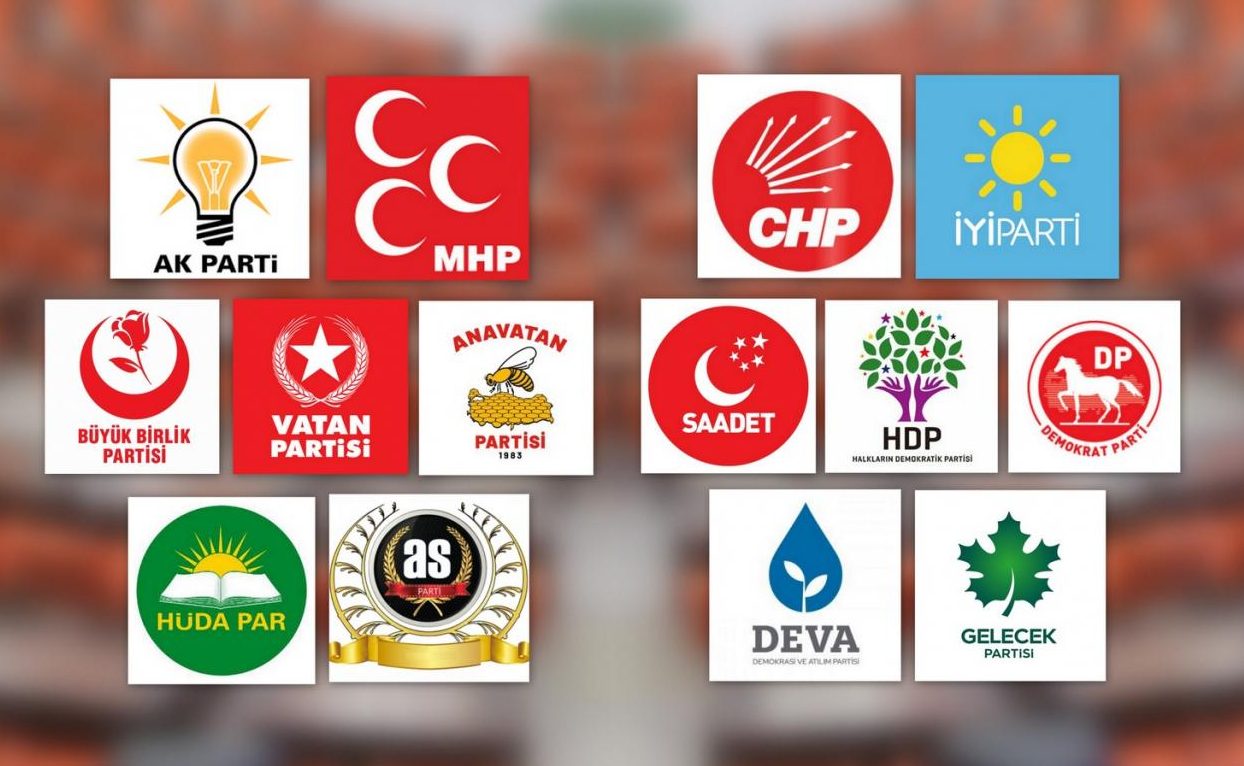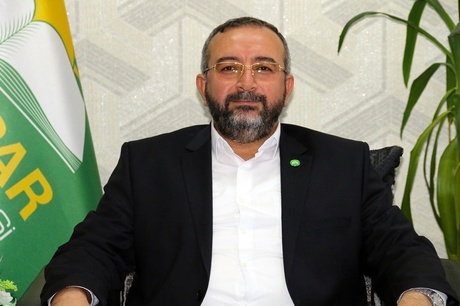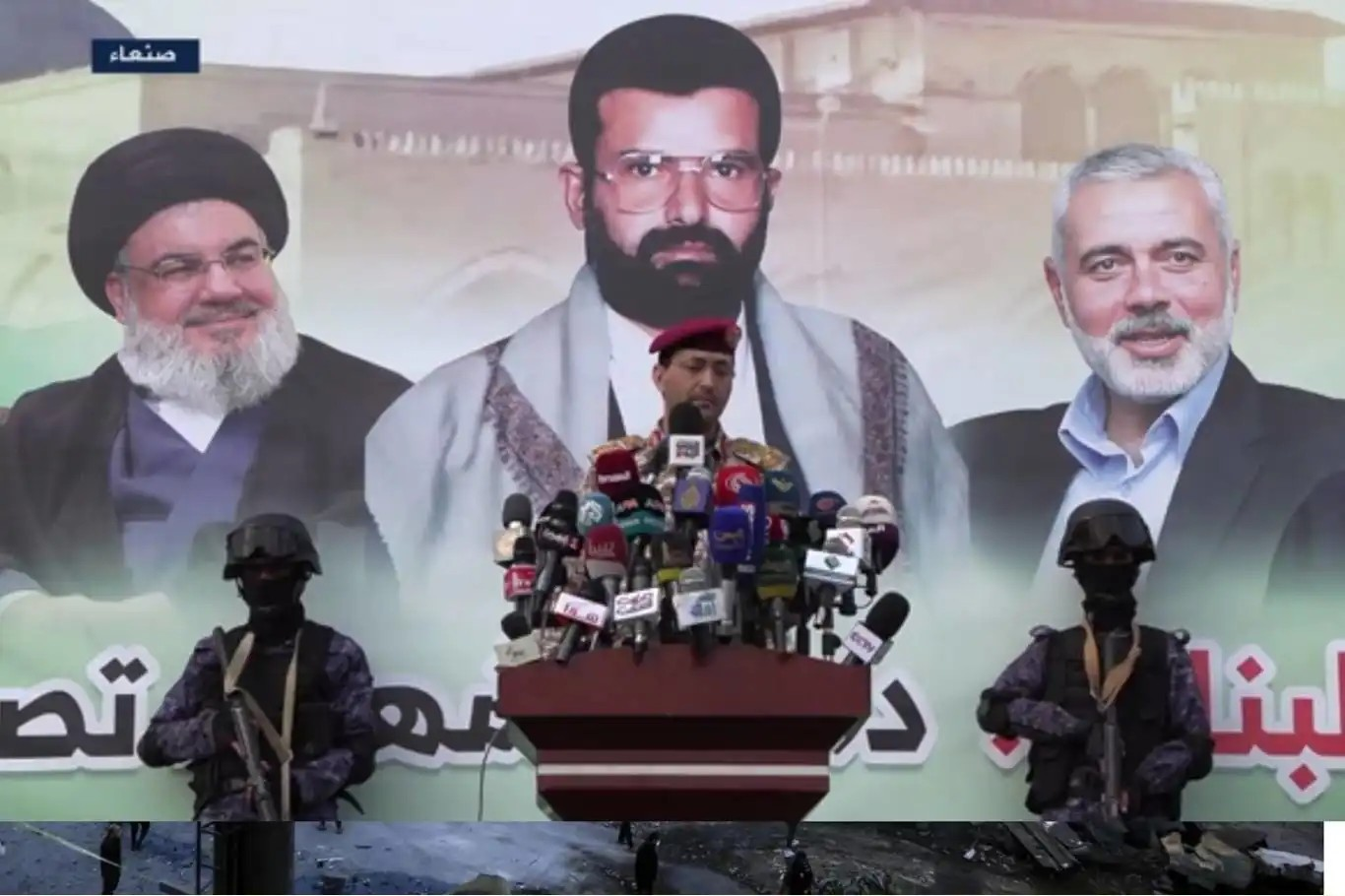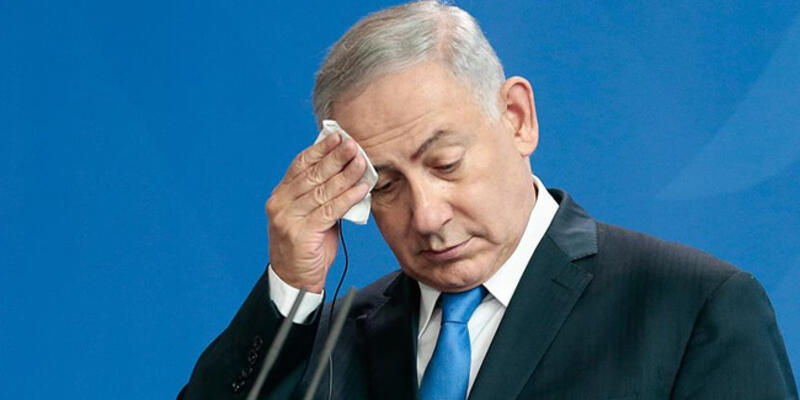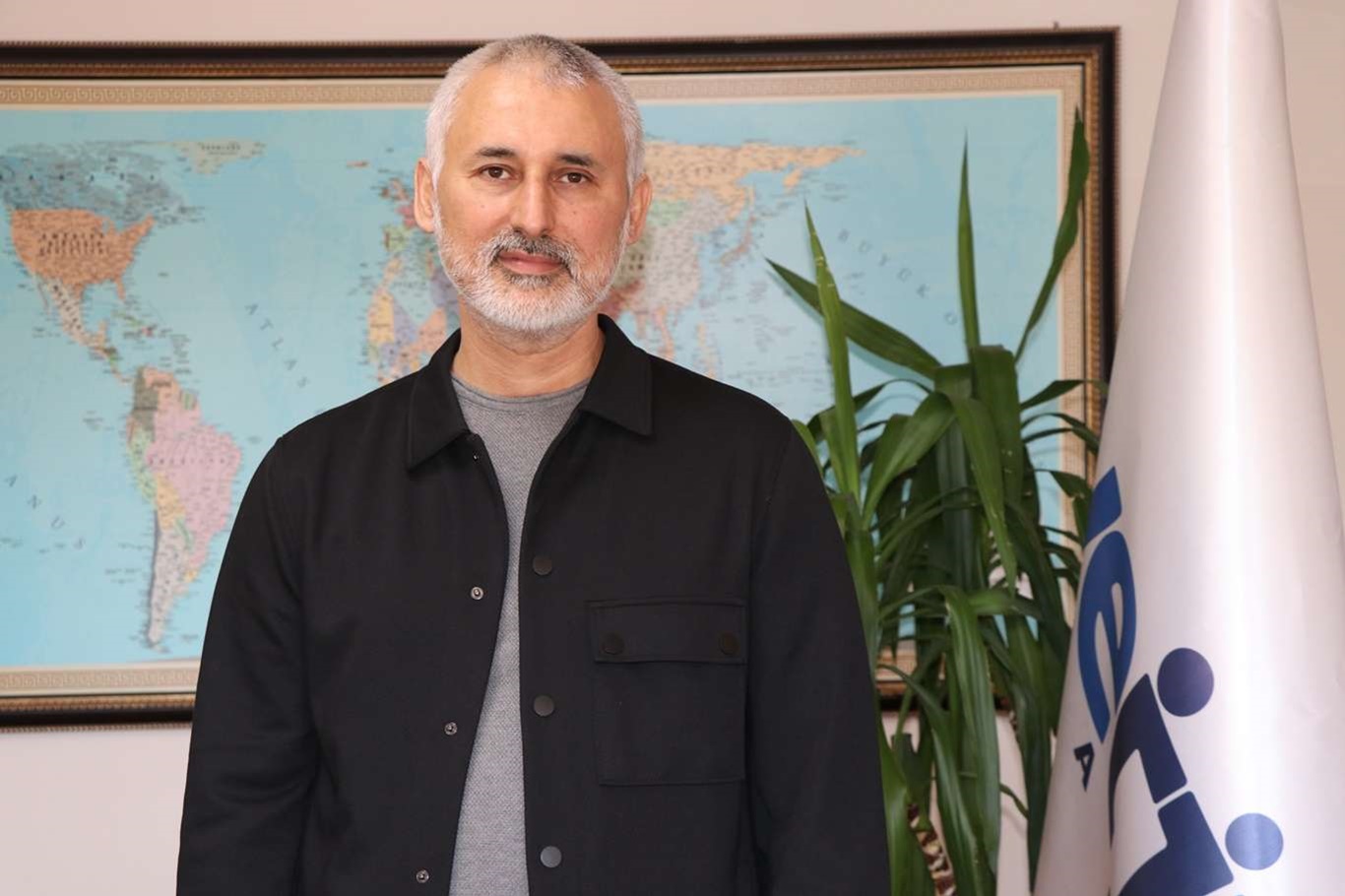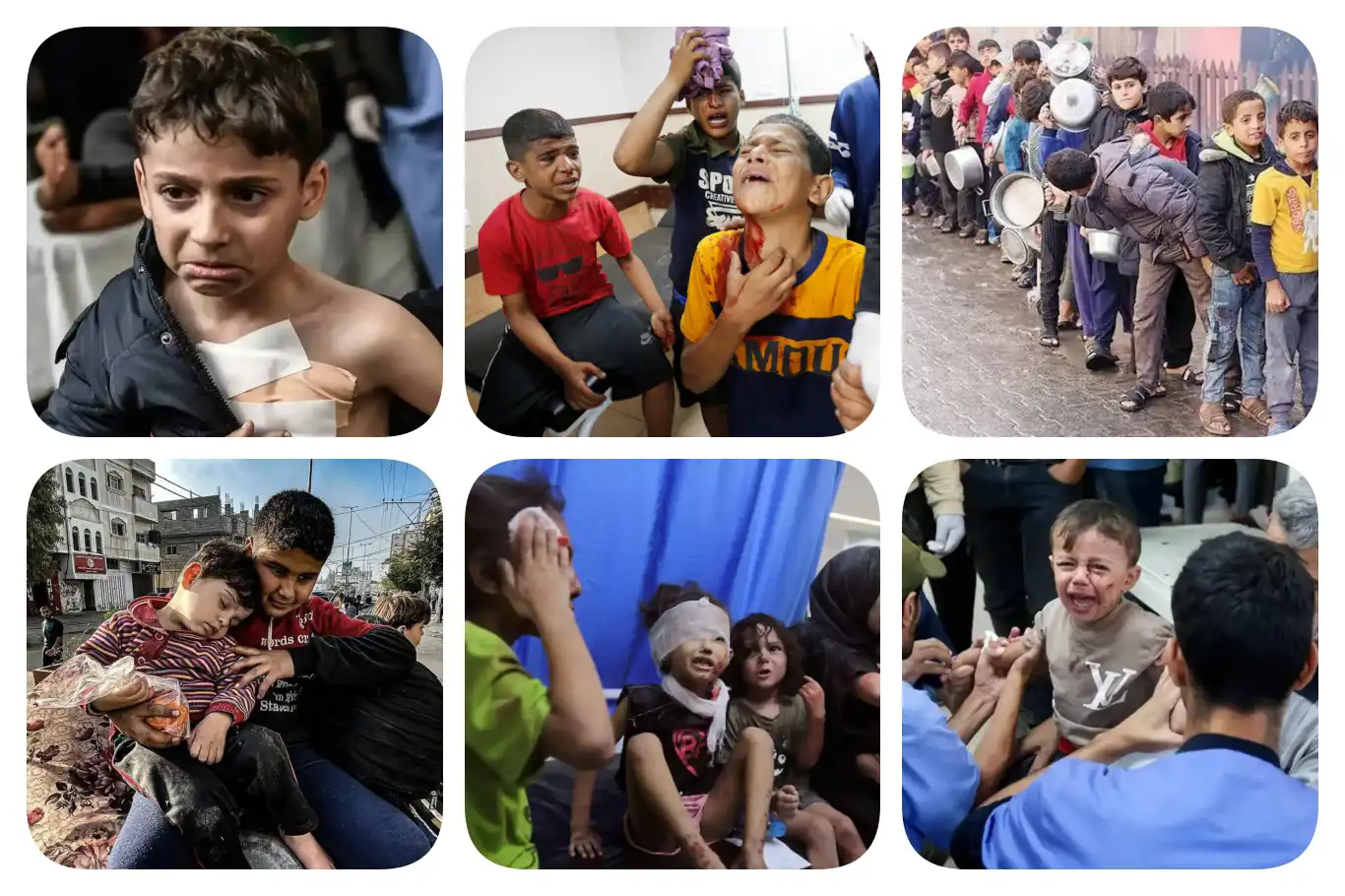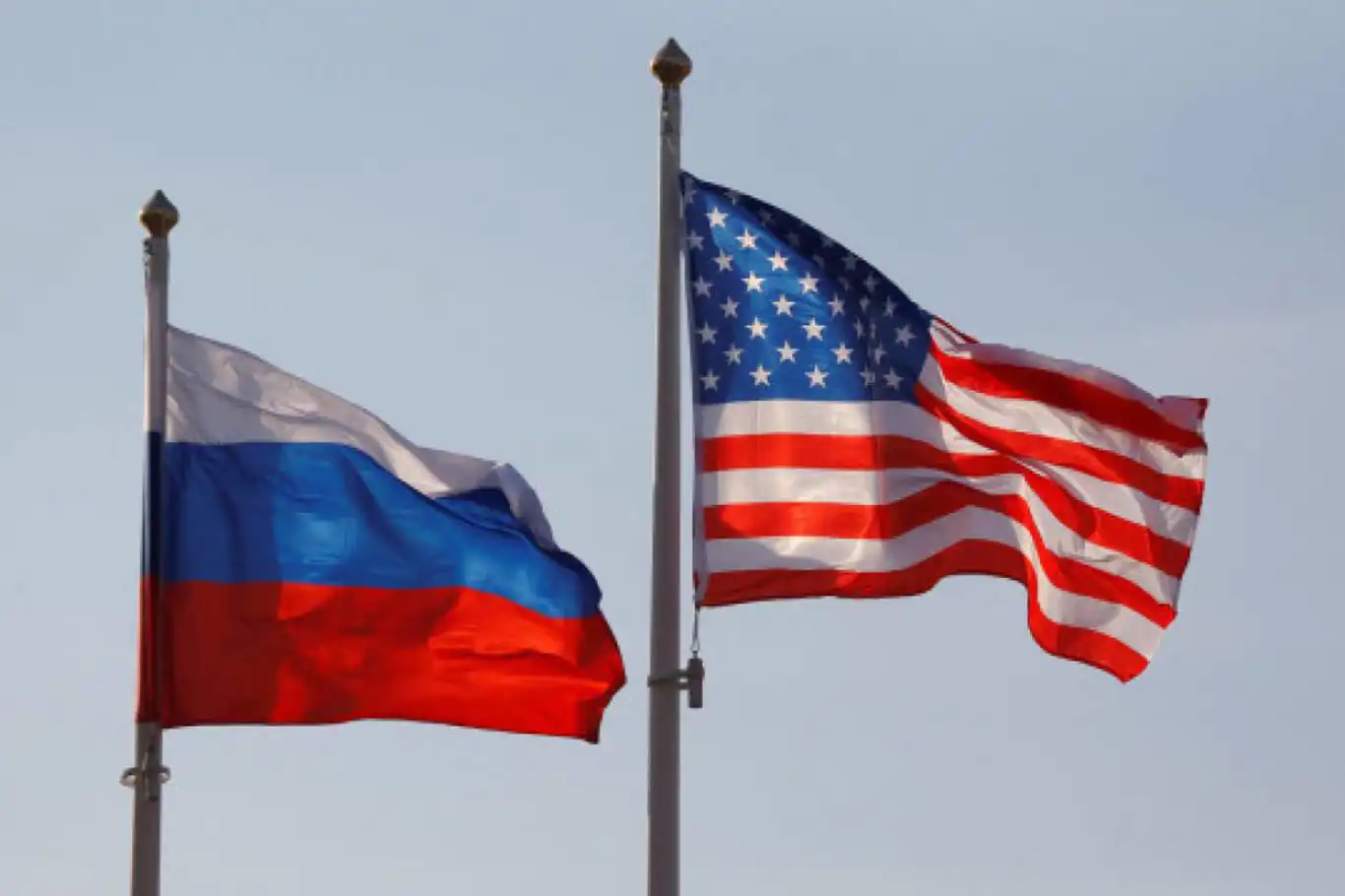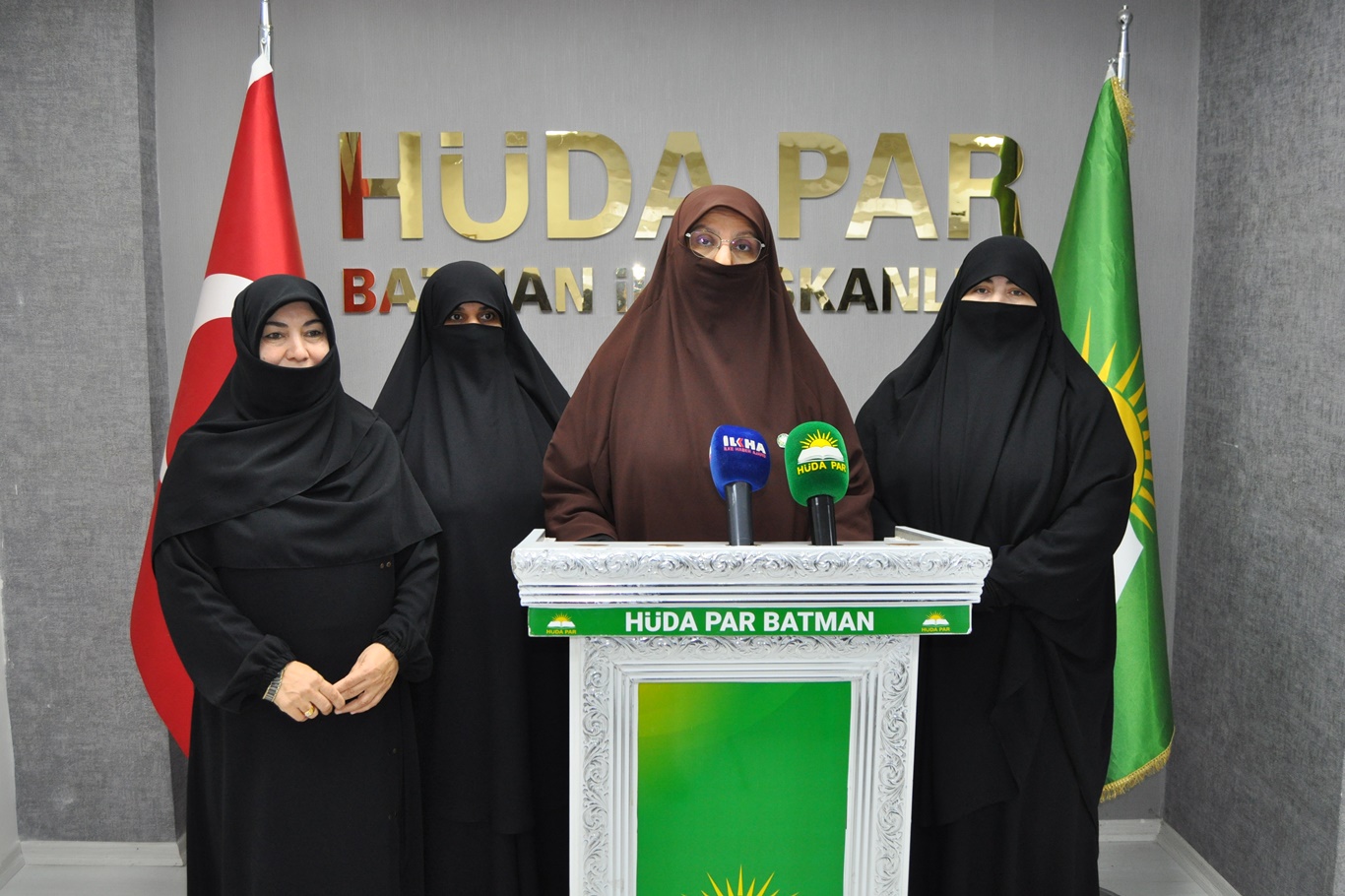Gaza on the brink: Humanitarian aid fails to reach trapped civilians amid Israeli genocide
Oxfam has reported a worsening humanitarian crisis in Gaza, where relentless Israeli air and land bombardment, coupled with severe restrictions on humanitarian aid, has made it nearly impossible for aid agencies to reach the trapped and starving civilian population.
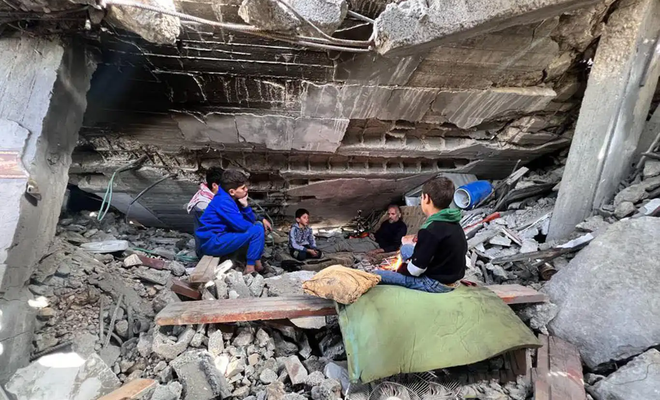
 Google News'te Doğruhaber'e abone olun.
Google News'te Doğruhaber'e abone olun. Oxfam has reported a worsening humanitarian crisis in Gaza, where relentless Israeli air and land bombardment, coupled with severe restrictions on humanitarian aid, has made it nearly impossible for aid agencies to reach the trapped and starving civilian population.
The ongoing negotiations for a ceasefire have yet to yield substantial results as the crisis intensifies.
The situation has been exacerbated by a combination of closed border crossings, ongoing airstrikes, reduced logistical capacity due to evacuation orders, and a stringent Israeli permission process that hampers humanitarian movement within Gaza. With the Rafah Crossing closed since May 6, the Kerem Shalom crossing remains the only viable route for humanitarian aid, yet it is situated in an active combat zone, posing significant dangers. Delays in Israeli approval for aid collection and movement often result in aborted missions.
Over one million people have fled from Rafah into Al Mawasi, Deir al-Balah, and Khan Younis. Currently, more than two-thirds of Gaza’s population, around 1.7 million people, are crammed into an area of just 69 square kilometers—less than a fifth of the Strip. Despite Israeli assurances of support for those fleeing the violence, most of Gaza remains deprived of essential humanitarian aid, edging closer to famine. Recent Israeli attacks have killed dozens of civilians in designated “safe zones.”
Oxfam's alarming report highlights the dire living conditions and the deteriorating humanitarian situation. A food survey conducted in May revealed that 85 percent of children did not eat for a whole day at least once in the three days before the survey, with dietary diversity worsening. In Al-Mawasi, 121 latrines are available for over 500,000 people, forcing approximately 4,130 individuals to share each toilet. Only 19 percent of the daily required 400,000 liters of fuel needed for humanitarian operations, including transportation, clean water provision, and sewage removal, is being allowed into Gaza, and even this amount is not delivered consistently.
The UN reports that aid deliveries have plummeted by two-thirds since Israel's invasion of Rafah. Since May 6, just 216 trucks of humanitarian aid have entered via Kerem Shalom, averaging eight per day. Oxfam’s Middle East and North Africa Director, Sally Abi Khalil, warned, "By the time a famine is declared, it will be too late. When hunger claims many more lives, nobody will be able to deny the horrifying impact of Israel’s deliberate, illegal, and cruel obstruction of aid."
Hundreds of commercial food trucks enter daily via the Kerem Shalom crossing, but many consignments include non-nutritious items like energy drinks, chocolate, and cookies, often sold at inflated prices. The lack of dietary diversity is a critical driver of acute malnutrition, assessed as 'extremely critical' in Gaza.
The desperate situation has led some families to set up tents in cemeteries due to the lack of space and the high cost of basic tents, which can reach nearly $700. Meera, an Oxfam staff member in Al-Mawasi who has been displaced seven times since October, described the conditions as "unbearable," with no access to clean water, forcing reliance on the sea.
Oxfam is calling for an immediate and permanent ceasefire, unrestricted access for humanitarian aid through all ground crossings, and the release of all hostages and unlawfully detained Palestinian prisoners. The organization stresses that as the occupying power, Israel is legally obligated to ensure the continuous and uninterrupted supply of aid to meet the basic needs of Gaza’s residents.
“Israel claimed weeks ago that it would provide full humanitarian support and medical assistance to civilians it had told to move. Not only is this not happening, but its ongoing impunity, bombardment, and deliberate obstruction have created unprecedented and impossibly dangerous conditions for humanitarian agencies to operate,” said Sally Abi Khalil. (ILKHA)





























